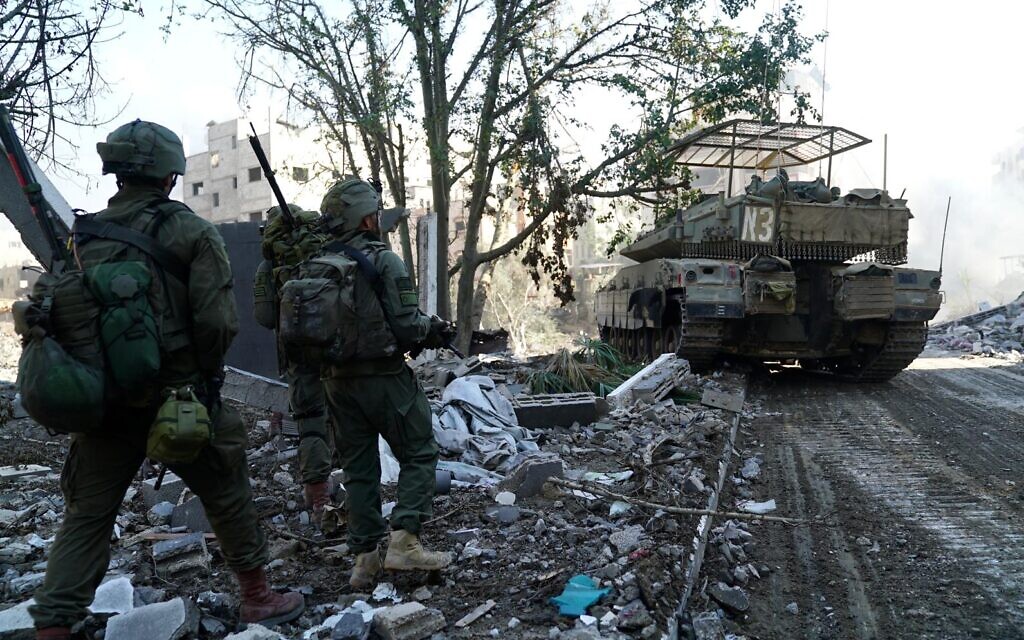The pause in the war entered into force at 7 on Friday morning following a hostage deal between Israel and Hamas which was approved on Tuesday night by the Israeli government.
It was uncertain until the very last minute if the deal would implemented but this morning the fighting in Gaza stopped and the first trucks with fuel and more humanitarian aid have already entered the area via the Rafah border crossing with Egypt.
Hamas abducted ca 240 hostages during its terrorist attack on 7 October. According to the deal, 50 hostages – women and children – will be released over a span of four days. The release of every ten additional hostages will result in an additional day of pause. In exchange 150 Palestinian women and minors will be released from Israeli prison.
Israel received the list of hostages to be released on Thursday and started to prepare a list of Palestinian prisoners which will be released in return. The hostages will be released in batches, starting with 13 hostages at 16 on Friday afternoon. The rest of the 50 hostages will be released in the following days. It is also possible that Hamas will release a number of hostages from other countries and with European passports.
The hostages will apparently first be handed over to the International Red Cross (IRC). Israel says that the deal includes a clause committing the Red Cross to visit the remaining hostages held by Hamas but this has not been confirmed by the Red Cross and Qatar which facilitated the deal together with Egypt and the US.
Hamas objects to allowing any visits which could disclose where the hostages are kept and if all of them still are alive. The majority of them are believed to be held by other groups than Hamas.
Asked on Thursday by The Brussels Times if the EU had been involved in the talks with IRC, Peter Stano, EU lead spokesperson for foreign affairs and security, declined to disclose any details.
“The International Red Cross and the Red Crescent play an important role in every conflict,” he replied. "We have consistently called for allowing them access to the hostages. We always support their work but I cannot say anything which could jeopardize their confidential role.” The IRC does not want to be seen as interacting with countries as not to undermine their work as an independent humanitarian actor.
The Brussels Times

